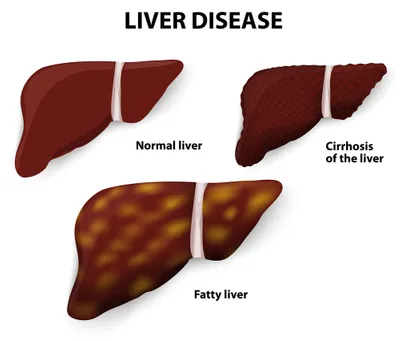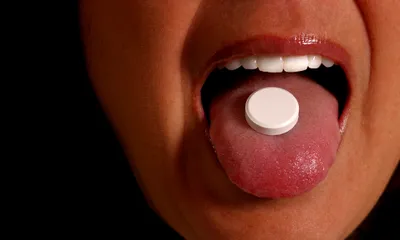In a society filled with happy hours, girls’ martini nights, and brews with your buddies, the amount you drink on a weekly, or even daily, basis can really add up and lead to all sorts of healthy issues—such as pancreatitis, liver damage and cirrhosis, and even ulcers and digestive conditions.
Here are eight health reasons for taking a short break from booze…
1. Rehydrate Skin and Hair
If you didn’t already know, alcohol is a diuretic, which means drinking it without rehydrating can virtually zap the hydration from your hair, skin, and nails. Drinking decreases the body’s production of Vasopressin, which regulates water retention. Taking an alcohol hiatus can improve the look of your hair and skin by simply increasing Vasopressin production. You’ll notice that dry skin (eczema), dandruff, skin redness, acne, and broken capillaries dissipate. Plus, a properly hydrated body has more energy and just functions a lot smoother.
2. Rejuvenate Liver Function
Alcohol abuse goes hand in hand with liver damage with fatty liver disease and cirrhosis at the top of the list of risks. However, taking a break from booze can rejuvenate the liver if it has time to rest over a sober 48-hour (or 3 day) period each week, according to Andrew Langford, CEO of the British Liver Trust. This is commonly why you notice a lower tolerance for alcohol when you take a months’ hiatus—a positive sign that your liver is healthy.
3. Decrease the Risk of Cancer
You may only associate alcohol with an increased risk of liver cancer. However, head, oral cavity, throat, esophageal, breast, neck, liver, rectum, and colorectal cancers are all linked to excessive drinking, says the National Cancer Institute. NCI researchers suspect that alcohol causes higher risk of these types of cancer when carcinogenic and toxins in alcohol impede the body’s ability to break down and absorb cancer-protecting nutrients, when toxins damage healthy DNA through oxidation, or when booze raises estrogen sex hormone in the bloodstream (which has been linked to breast cancer).
4. Lower Rates of Depression
You might turn to alcohol to “drown your sorrows” after a rough day at work. However, booze is a natural depressant, which explains why taking a hiatus from it can banish the blues. In fact, a study conducted by the National Institute on Alcohol Abuse and Alcoholism, found a strong link between excessive alcohol consumption and depression—showing a two-way street between alcohol consumption and depression (due to lowered production of serotonin), and from depression back to alcohol abuse.
5. Healthier Heart
You might feel invincible after a few shots or glasses of wine, which makes sense according to the American Heart Association. Alcohol messes with your heart in many ways—causing irregular heartbeat (or cardiac arrhythmia), high blood pressure, increased levels of fats (or triglycerides) in the blood, and an increased risk of heart attack and stroke.
6. Weight Management
Before you reach for that second margarita, consider your waistline! A ladies night or evening of bro’s and booze, can easily have participants consuming thousands of extra calories—not to mention the fact that when we drink excessively, we tend to eat excessively as well, reaching for high sodium, sugar, and Trans fat appetizers and snacks.
7. Calm Acid Reflux
Are you among the 50-percent of American adults who suffer from heartburn, acid indigestion, and regurgitation that’s so common to acid reflux? Medical researchers tend to agree with findings from a 2010 study published in the Journal of Zhejiang University that suggests excessive drinking raises the risk of developing acid reflux. Researchers believe that alcohol eventually weakens the stomach’s sphincter, increasing the production of stomach acid, esophageal irritation, and chronic reflux syndrome.
8. Enhance Memory and Mental Focus
If you drink regularly, here’s a bit of information to sleep on—excessive drinking has been linked to disrupted sleep patterns, lack of focus, and memory loss. Consider this: if we wake exhausted, our physical energy as well as our mental energy suffers all day long. And as a result, concentration, problem solving, focus, and memory are all negatively effected.











